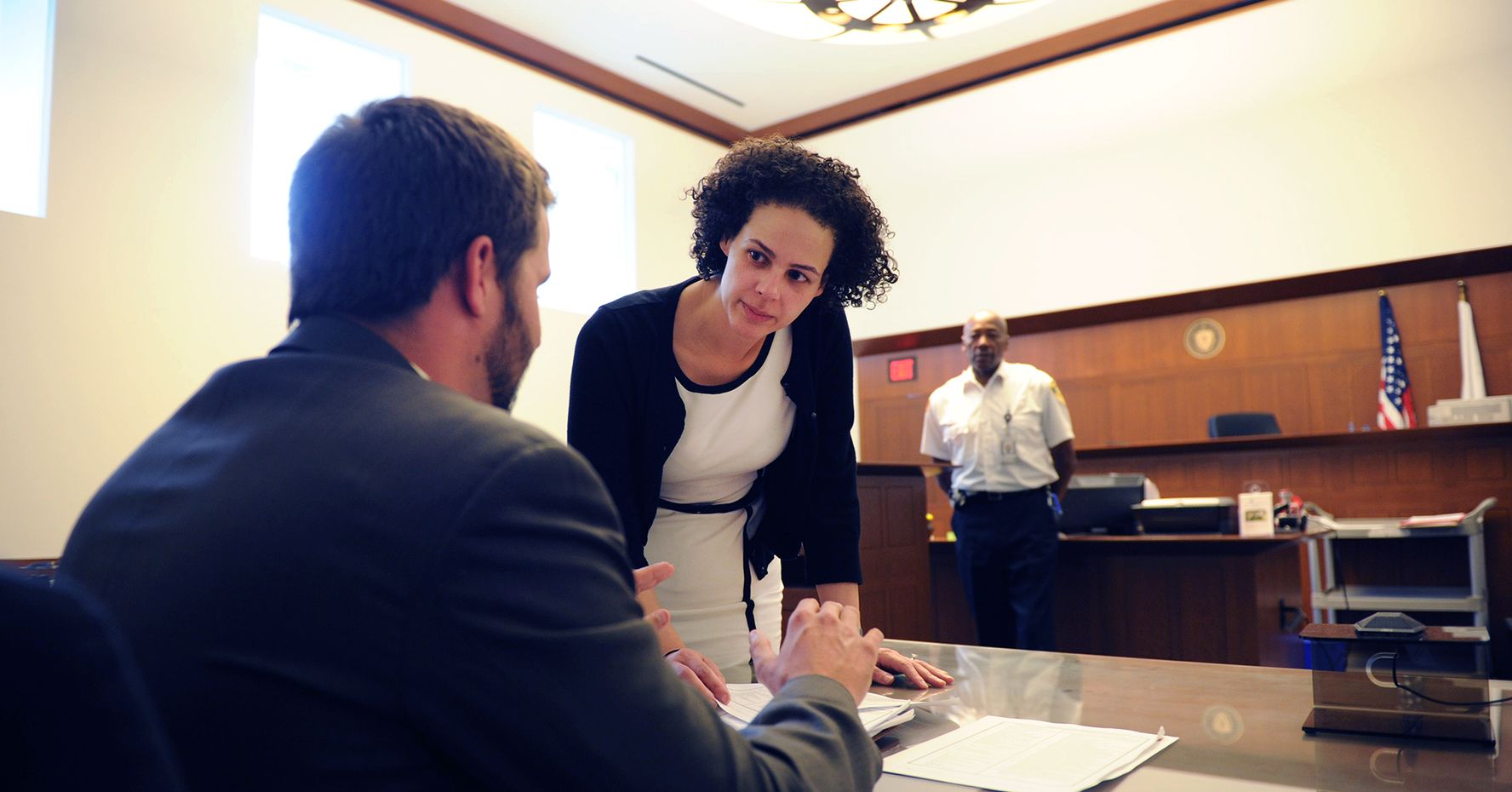Teaching and learning from people facing criminal charges.
Working under the supervision of experienced clinical faculty the students in the practicum will design and execute a 6-8 week weekly class on criminal procedure and legal research designed to be taught to incarcerated individuals facing criminal charges. The format of this class has involved students teaching an hour-long legal skills class to individuals incarcerated pretrial at the Suffolk County Jail, also known as Nashua Street Jail. Students will be provided resources but also encouraged to create their own lesson plans and strategies for the prison education class and to be responsive to class participants’ input and feedback as they do so.
In the practicum students will gain invaluable practical experience and expand their knowledge while providing a service to the individuals who attend the course. The collaboration between BU students and the incarcerated members of the course will break down traditional barriers in legal education, fostering a shared learning environment where participants build essential skills and gain a nuanced understanding of the criminal legal system. For many class participants, the criminal legal system is a confusing maze. This course helps demystify the process, providing individuals with knowledge of their procedural rights and tools to actively participate in their defense. Simultaneously, the format provides law students with the opportunity to gain legal insight from those directly impacted by the system.
Learning Objectives
Upon successful completion of the Prison Education Practicum, students will:
- Develop a comprehensive understanding of the criminal legal process in Massachusetts
- Become competent in fundamental lawyering skills including: active listening, legal research and analysis and communication of legal concepts to non lawyers.
- Learn to collaborate with other members of the practicum and with the course participants
- Identify the ways in which the actual operation of the criminal system differs from the model, including how issues of race, ethnicity, gender, heteronormativity, class, immigration status, language, and other marginalized identities impact the system’s operation
- By the end of this practicum, students will develop strong oral presentation skills, improving skills to promote clear communication, critical thinking, and audience engagement.
Course Workload
The practicum will be 2 credits and meet once a week for a 2-hour seminar. During the initial seminars, students will reinforce knowledge about legal skills and the criminal legal process. They will plan the classes that they will teach, creating a lesson plan and preparing course materials. The seminar will continue to meet weekly during the period when the students are teaching at the jail. During these seminars, the students will be guided to reflect on the class as it is unfolding and have space to alter components of their lesson plan. The seminar meeting after the class is finished will provide space for the students to evaluate their performance, prepare materials to memorialize for future practicums, and reflect on broader takeaways from their experience.
Faculty


